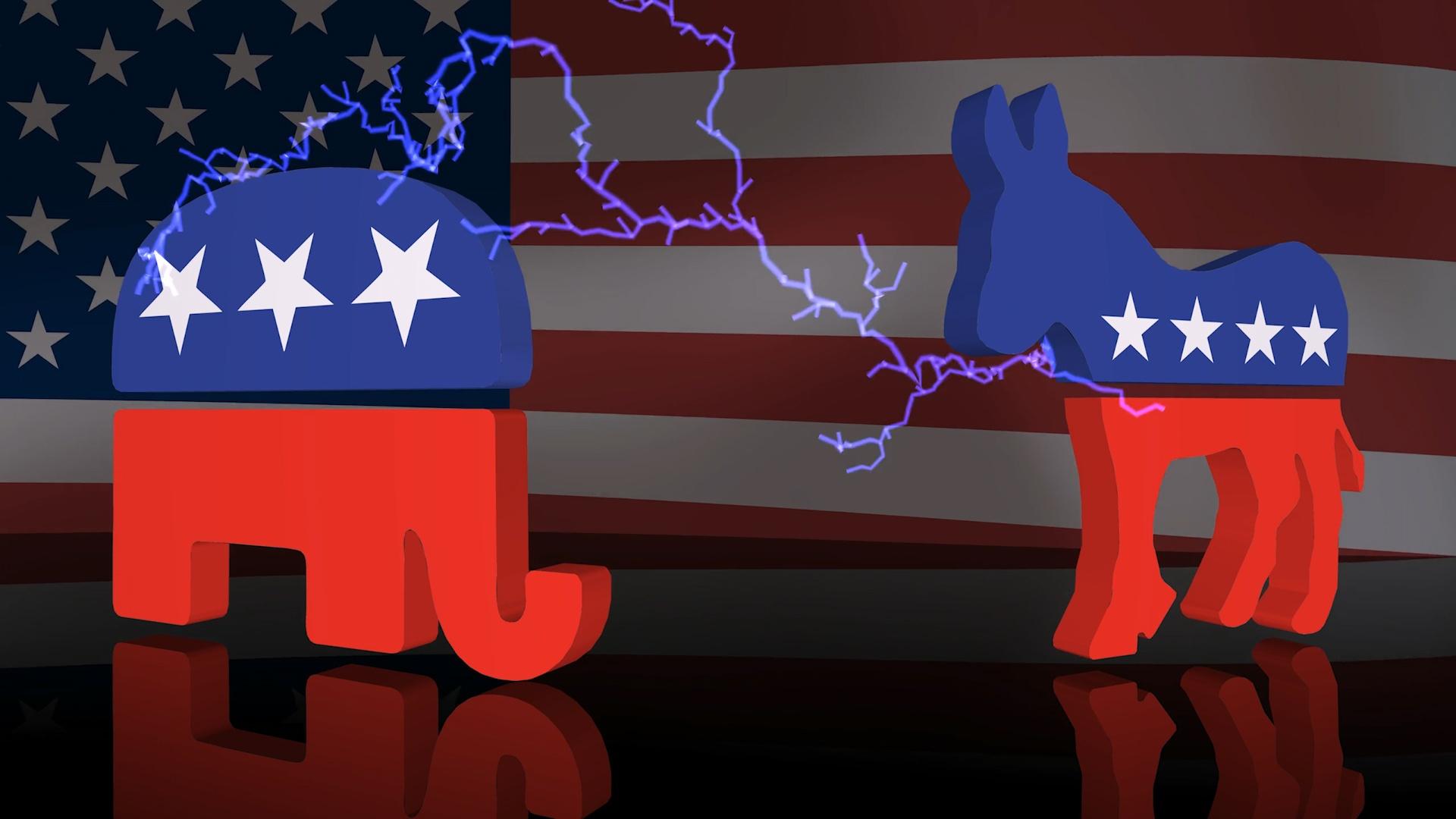BETHLEHEM, Pa. (WLVT) - Election Day has turned into Election Week, as states continue counting mail-in ballots in tight races across the country. With constant coverage from the press and social media, people may be experiencing what's called "election fatigue."
"It's the uncertainty. It’s the length of it, and also just that it's so divisive," explained Shonda Moralis, a women's mindful empowerment coach and psychotherapist in the Lehigh Valley.
"This has probably been the most tumultuous election in anybody’s recent memory," added Doylestown resident Norm Phillips.
"I had really been off kilter these past few days waiting for this stuff to come in," said fellow resident Terry Skovronek, who joined Phillips and several others in a "Count Every Vote" rally in downtown Doylestown on Friday.
While some elections have taken a few days to count votes, the influx of mail-in ballots, along with the legal challenges tied to them, have delayed this year’s results. In Pennsylvania, the state’s 20 electoral votes could determine who wins the White House.
"I think what we got to do is let the legal process work itself through," Phillips said. "Certainly not going to please every voter. That’s for sure. There’s going to be roughly half the people a lot happier than the other half."
"For my own sanity, I'm not following every tweet," added Chalfont resident Terry Fitzgibbons, who was part of the rally. "That’s one of the reasons I'm out here."
"I didn’t appreciate how much tension I'd been experiencing," Skovronek said.
Moralis said election-related fatigue affects the body and the mind -- sometimes in ways people don’t realize.
"Jaw pain, neck pain, where we tend to hold tension," she explained, "and we don't recognize we're doing it unless it's really causing us discomfort, but we can feel headaches and tension and that muscle tightness. So, that's physically what we're experiencing."
Fatigue doesn’t always look the same, either. Moralis said people react to stress and anxiety differently.
"Some of us get very distracted and sort of restless and want to do, do, do -- and some of us sort of want to check out and go to sleep and feel tired and exhausted," she said.
Moralis said focusing on breathing is one way to help manage election fatigue.
"When we're stressed, we breathe very shallowly in our chest, and we don't take those nice, full, deep breaths," she said. "We live in fight or flight, and what we know about fight or flight, that's our body's reaction to perceived danger, and the front part of our brain that can think clearly and kind of be able to step back and see the big picture and problem solve, that shuts down or slows down."
Moralis also suggested distancing from devices to avoid what’s called "doomscrolling," the tendency to scroll through social media and other Internet feeds to searching for news and other information for extended periods of time.
"We're bombarded, and then we're not looking up away from our screens and at our lives, and we're missing out on our lives," she said. "It really does feel difficult, especially now, because we feel like we're going to miss something. But, you know, we'll figure it out. We'll hear about it, I promise. So, every so often, we've got to look up and look around and get involved in your life and step away. Put the phone down. Step away from the computer or the TV."
That could encourage exercise — not just physically but mentally. Moralis said it’s helpful to think about what she calls "living in the 'and.'"
"We can be really anxious or scared or uncertain, and we can still enjoy our lives and have fun and be hopeful all at the same time," she said. "We can hold a lot of these often paradoxical feelings together, so it doesn't have to be all-or-nothing."
Sometimes, checking in with others is a way to help yourself. Moralis said random acts of kindness and talking to friends and family can make a huge difference.
"I hear so often from people how just a kind word or something we might say can really get somebody through a tough time," she said. "So, stay connected. Reach out to people."
The election has impacted friendships and families across the country. Regardless of who becomes president, relationships will be tested, and so will interactions with people in the community. Moralis said recognizing a person’s humanity is one way to overcome tough encounters.
"It can also be helpful to remember this is somebody's son, this is somebody's daughter, and this is a human being — and we can get under that," she said. "Remember that often under anger and aggression is fear, and so, that can also help us get in touch a little bit with compassion for somebody else, when we're seeing so much anger and aggression."




